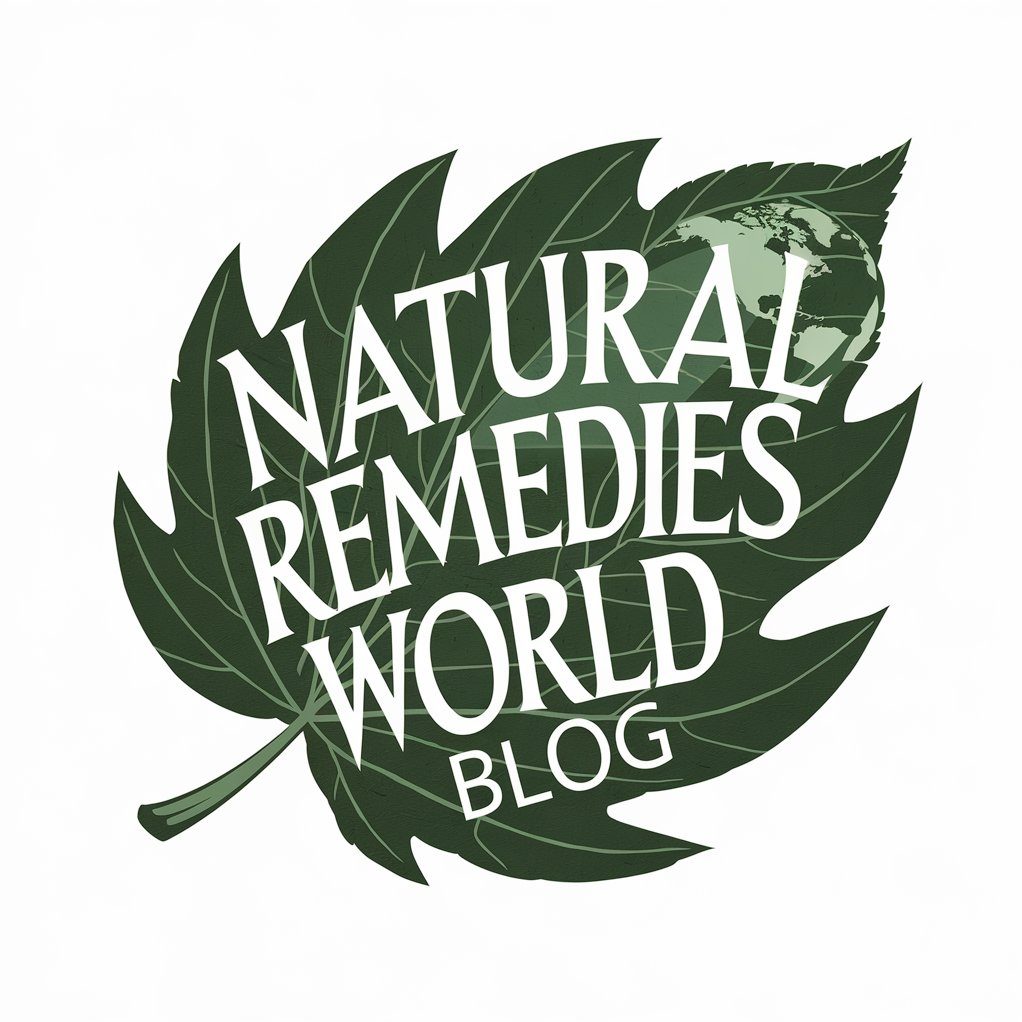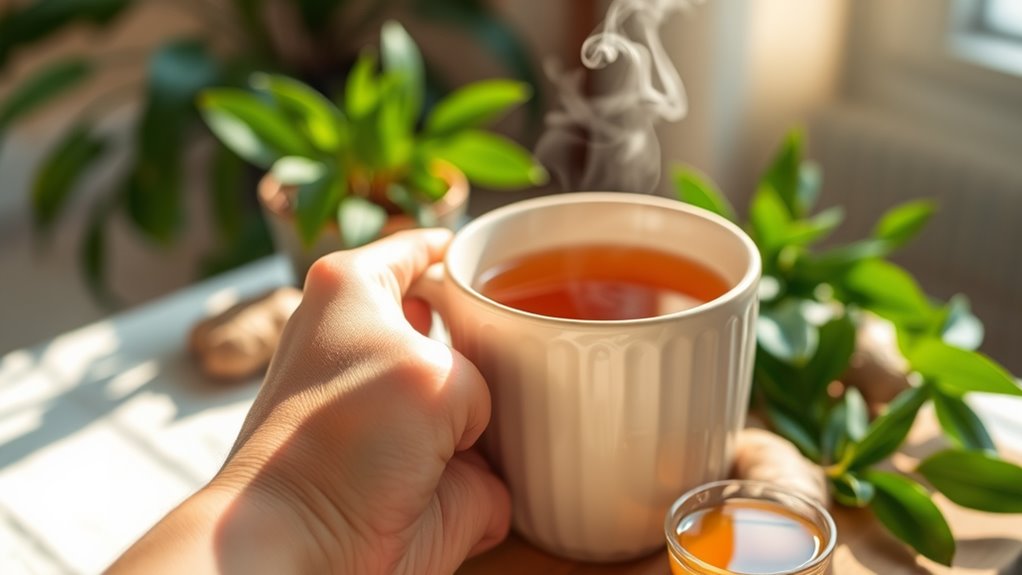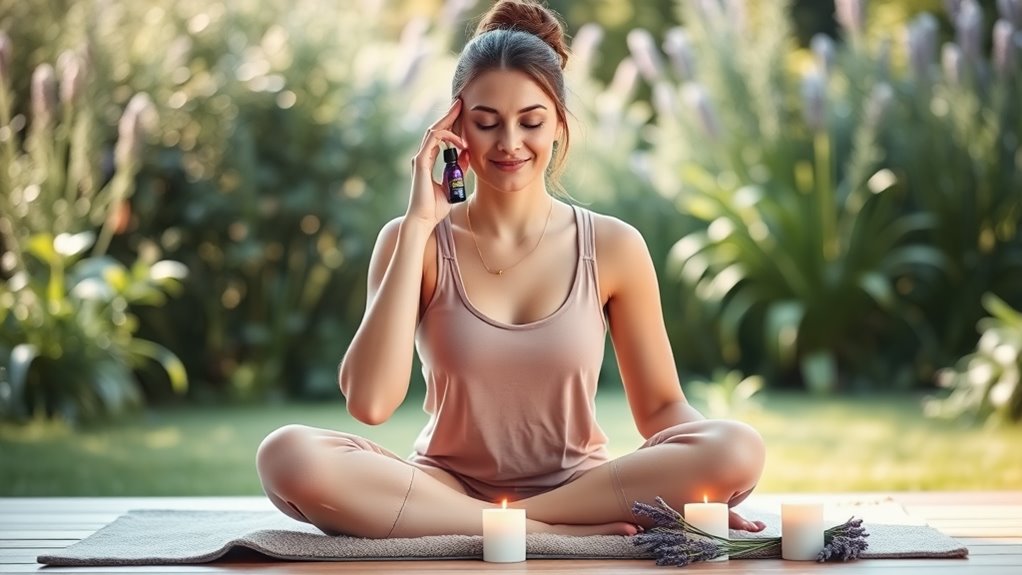The Secret to Stopping Muscle Cramps Instantly!
To stop muscle cramps instantly, start by gently stretching the affected muscle for 15-30 seconds. Massage the area to improve blood flow and relax the muscle, or apply a warm towel to soothe tightness. Stay hydrated with water or an electrolyte drink, as dehydration can worsen cramps. If the pain persists or returns frequently, it’s important to seek medical advice. Keep exploring for more effective strategies to manage and prevent future cramps!
Understanding Muscle Cramps: Causes and Symptoms
Muscle cramps can strike unexpectedly, often leaving you in pain and confusion about their cause. You might experience these sudden, involuntary contractions in your legs, arms, or back, and they can last from a few seconds to several minutes.
Dehydration, overexertion, or prolonged sitting can trigger these cramps. If you’re exercising intensely or haven’t stretched adequately, your muscles may protest. Nutritional deficiencies, particularly in potassium, calcium, or magnesium, can also contribute to cramps.
Recognizing these symptoms is crucial; you might feel a tightness or a hard lump in the affected muscle. Understanding the underlying causes helps you avoid cramps and stay active. A little knowledge can go a long way in preventing those painful interruptions in your daily routine.
Immediate Relief Techniques for Muscle Cramps
When a muscle cramp strikes, quick action can make all the difference in relieving the pain. Start by gently stretching the affected muscle. If it’s your calf, try standing and leaning forward, placing your weight on your front leg.
You can also massage the cramp to increase blood flow and relax the muscle. Applying heat, like a warm towel or heating pad, can soothe tightness, while a cold pack can numb the area if swelling occurs.
Stay hydrated—drink water or a sports drink to replenish lost electrolytes. Lastly, try walking around if you can; moving the muscle may help ease the cramp.
These immediate techniques can provide much-needed relief and get you back to your activities quickly.
Effective Home Remedies for Quick Relief
Although cramps can strike unexpectedly, several effective home remedies can provide quick relief. When you feel that tightness, try these methods:
-
Stretching: Gently stretch the affected muscle. For calf cramps, stand and lean forward, keeping your heel on the ground. Hold the stretch for about 15-30 seconds.
-
Warm Compress: Apply a warm towel or heating pad to the cramped muscle. The heat helps relax and soothe tension, providing immediate comfort.
-
Hydration: Drink water or an electrolyte-rich beverage. Dehydration often contributes to cramps, so replenishing fluids can help ease the discomfort.
Prevention Strategies to Avoid Future Cramps
To keep cramps at bay in the future, incorporating preventive strategies into your routine is key.
First, stay hydrated by drinking plenty of water throughout the day, especially during physical activities.
Next, ensure you’re getting enough electrolytes, particularly potassium, magnesium, and calcium, through a balanced diet.
Stretching before and after workouts can also help keep your muscles flexible and reduce the risk of cramps.
Additionally, consider gradually increasing the intensity of your exercise to prevent overexertion.
Wearing properly fitted shoes during activities can make a significant difference too.
Finally, listen to your body; if you feel fatigued, take breaks and rest as needed.
With these strategies, you can minimize the chances of experiencing muscle cramps.
When to Seek Medical Attention for Muscle Cramps
Have you ever wondered if a muscle cramp is just a minor nuisance or something more serious?
While most cramps are harmless, it’s essential to know when to seek medical attention.
If you experience any of the following, don’t hesitate to consult a healthcare professional:
-
Persistent Pain: If the cramp lasts longer than a few minutes and doesn’t ease up with stretching or movement.
-
Swelling or Redness: Noticeable swelling, redness, or warmth in the area may indicate a more severe issue like a blood clot.
-
Recurring Cramps: Frequent cramps, especially if they disrupt your daily activities or sleep, could signal an underlying condition that needs evaluation.
Trust your instincts—your body knows best!
Frequently Asked Questions
Can Dehydration Contribute to Muscle Cramps During Exercise?
Yes, dehydration can definitely contribute to muscle cramps during exercise. When you don’t drink enough fluids, your muscles can become fatigued and more prone to cramping. Staying hydrated helps maintain muscle function and prevents those painful cramps.
Are Certain Foods Known to Trigger Muscle Cramps?
Certain foods, like those high in sugar or caffeine, can trigger muscle cramps for you. Processed foods and excessive alcohol might also contribute. Staying mindful of what you eat can help reduce the risk of cramps.
How Do Age and Fitness Level Affect Muscle Cramping?
Age and fitness level impact muscle cramping significantly. As you age, your muscles may lose elasticity, while well-conditioned muscles can handle stress better, reducing the likelihood of cramps during physical activity. Stay active to minimize cramping risks.
Can Stress or Anxiety Lead to Increased Muscle Cramps?
Yes, stress and anxiety can definitely lead to increased muscle cramps. When you’re stressed, your body tenses up, which can cause cramping. Managing stress through relaxation techniques can help reduce these uncomfortable muscle contractions.
Is It Safe to Massage a Cramped Muscle?
Yes, it’s generally safe to massage a cramped muscle. Applying gentle pressure can help relax the muscle and increase blood flow. Just make sure you’re not pushing too hard, which could cause further discomfort.





